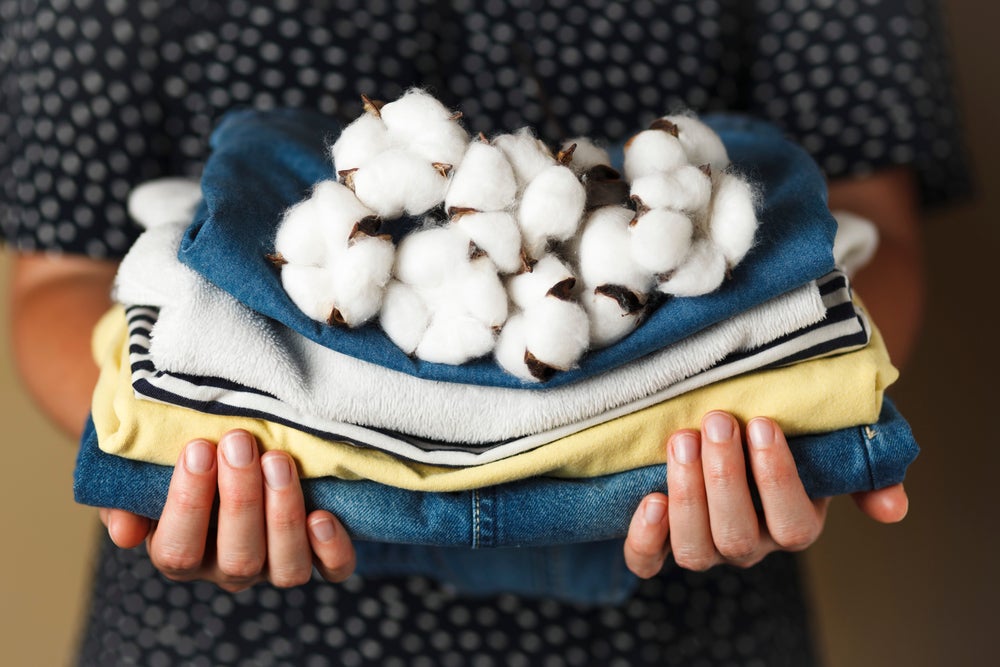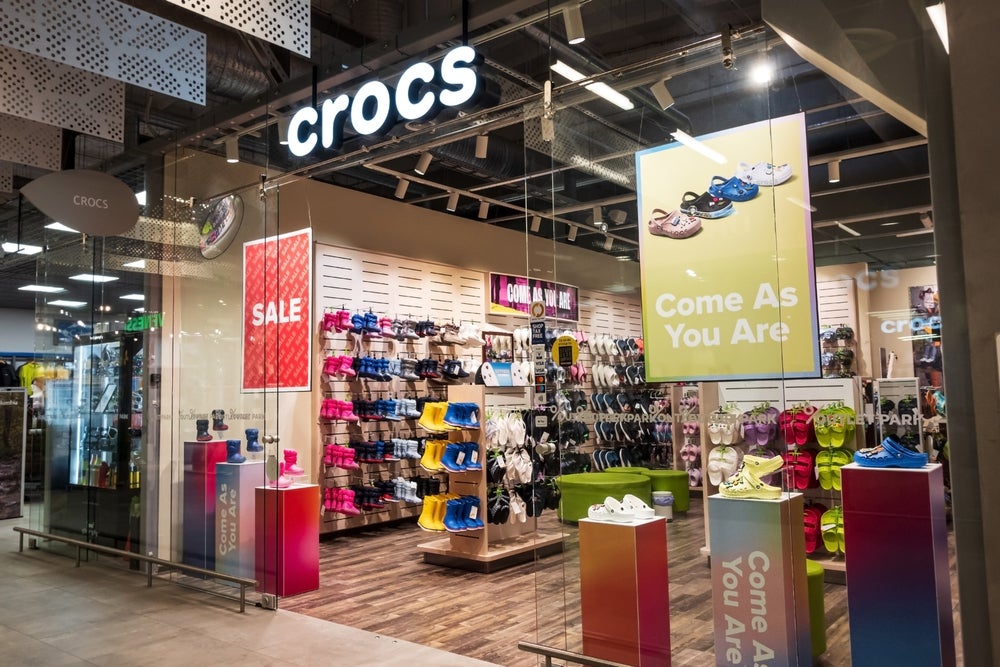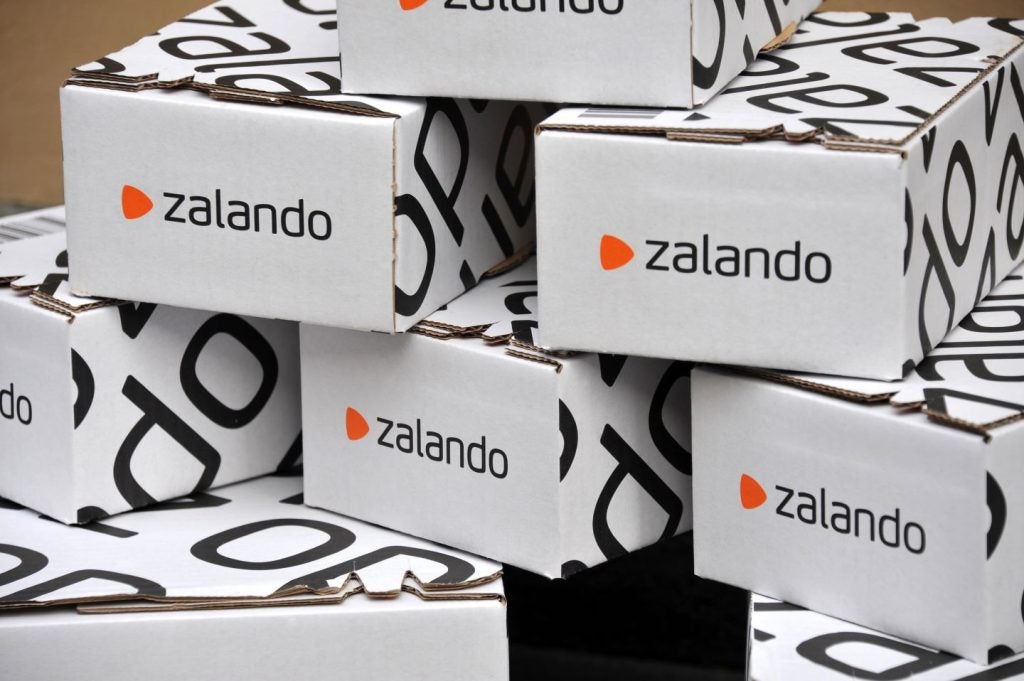The researchers explain demand for sustainable raw materials could exceed supply by 133 million tonnes by 2030.
The report also cites 85% of leading fashion brands publicly declaring plans to decarbonise their supply chains as well as 35 pending pieces of sustainability-linked legislation due to come into effect in the next two to four years, as drivers of this change.
The report titled Sustainable Raw Materials Will Drive Profitability for Fashion and Apparel Brands argues that apparel brands need to take significant steps today to increase the share of raw materials from sustainable sources.
The report says brands that succeed in securing sustainable sources for raw materials will see an average 6% increase in net profits over a five-year period. It estimates that a fashion brand working at the top end of its model, with $1bn in annual revenues, has the potential to tap into a cumulative opportunity of an estimated $100m over five years.
Jocelyn Wilkinson, BCG partner and co-author of the report says: “Fashion and apparel brands face a two-part challenge: they must double down on driving carbon reduction while preparing for upcoming regulations. Success on both counts relies on a robust strategy for preferred raw materials—one that helps brands lock in a supply of sustainable materials for the future. Putting that strategy into immediate action promises to pay off.”
The report argues that despite pledges and targets set across the fashion industry, Tier 4 suppliers have yet to receive a strong enough signal that brands will commit to and invest in preferred raw materials. It says this means that raw materials producers lack the incentive to take on the risk associated with increasing their supply.
Philipp Meister, global lead for fashion and sporting goods at Quantis, and co-author of the report says: “Fashion and apparel brands needs to take immediate action to invest in the supply of preferred raw materials, thereby securing resources and transforming their business models for a sustainable future. This will require brands to rethink product portfolios, strengthen supplier relationships and build company-wide engagement – all of which could take years.”
Last year's Textile Exchange Material Change Insights Report revealed that participating brands were using 50% sustainable materials in their portfolio compared to 44% the year prior.
In October 2022, British department store John Lewis committed to more sustainable sourcing of cotton, cashmere and polyester under new targets in a bid to achieve zero-deforestation.















